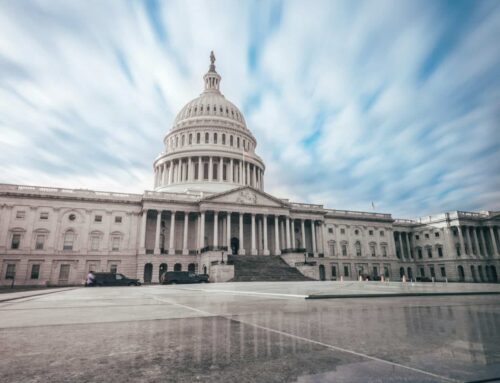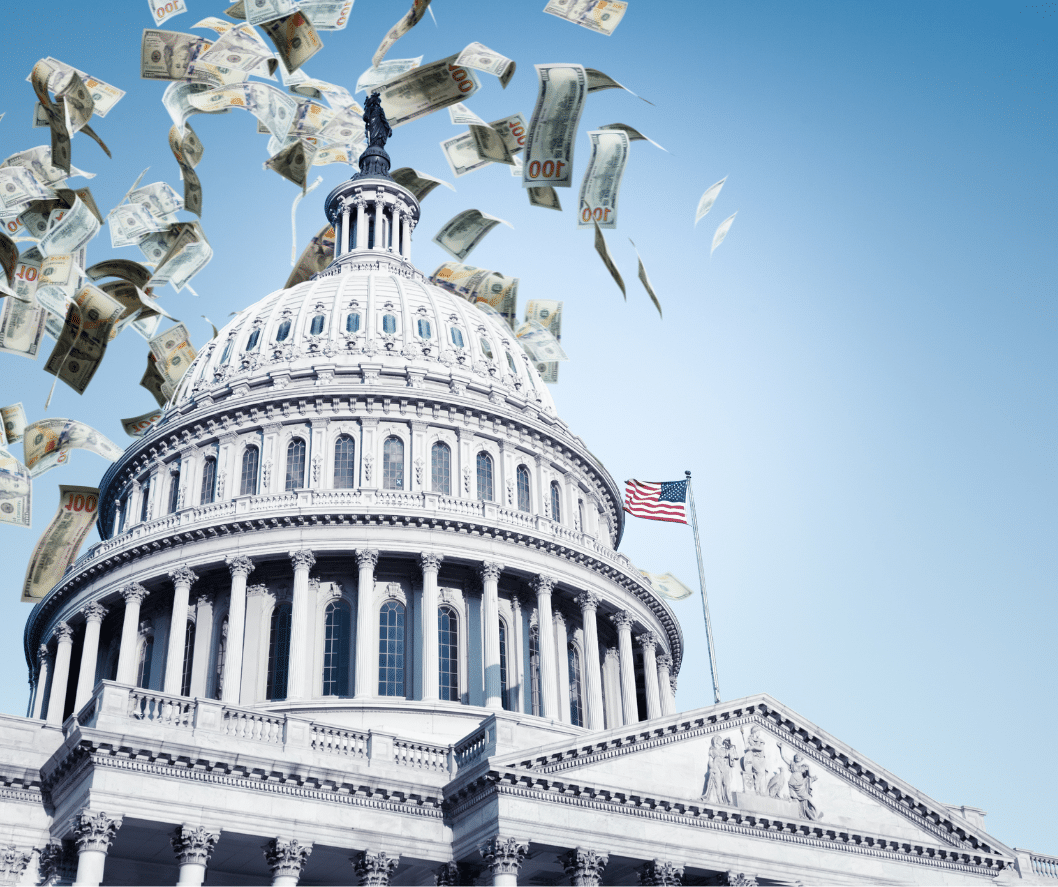One fight that is sure to get a lot of attention in the run-up to the midterm elections is the renewal of the Export-Import Bank, known as the Ex-Im Bank for short. For years now, Congress has been talking about ways to bring fiscal and mission discipline to its decision-making. Eliminating the Ex-Im bank would be a great way to show that Congress is capable of more than just talk. Unfortunately, it looks like Congress will once again show us that it is better at talking about problems than solving them.
The Export-Import bank was established in 1934 to loan money to foreign buyers of U.S. products and provide loan guarantees and insurance-like products for U.S. exporters. One of the biggest beneficiaries of the financing provisions is Boeing, as roughly one-third of the $144 billion in liabilities held by the bank are for purchases of things like 737 airliners. But as others have pointed out, U.S.-backed funding for the purchase of aircraft in recent years has started going to countries and foreign airlines that should be able to find private financing without the help of federal taxpayers. What’s more, the airlines that are getting financial assistance from the Ex-Im Bank are then competing with U.S. airlines on international routes. Not only is the Ex-Im Bank costing taxpayers money, it may be hurting American businesses.
Extending the charter of the Ex-Im Bank has split the Republicans in Congress. Some point out that other countries, such as France, where Airbus is located, have their own version of an Ex-Im Bank and will be happy to guarantee financing for foreign buyers if the U.S. won’t. Others consider it another way the government is picking winners and losers in the market and are advocating for Congress to let the charter expire. Since there are only a few legislative days before the end of September when the charter runs out, Congress will likely extend the charter into a lame-duck session after the elections or into next year in order to find some middle ground. It’s worth noting that the mechanism to do this would require just the type of legislative gamesmanship so many current members of Congress complain about – attaching an authorizing bill to a must-pass continuing resolution.
Like other corporate welfare, the Ex-Im Bank should be eliminated. Ex-Im backed projects in 2013 accounted for a mere 2 percent of the $2.2 trillion in U.S. exports and less than 2 percent of export-dependent jobs. Not only does one-third of the benefits go to one company – Boeing – but three-fourths of all the benefits go to just 10 companies, such as John Deere, Caterpillar, General Electric and Dow Chemicals. This isn’t a government agency working with small businesses to help them expand internationally; it is effectively the international financing arm for some of the largest companies in the country, using federal tax dollars to help them increase their sales. Boeing spent $4.8 billion lobbying during the second quarter of 2014 to keep the Ex-Im bank. The people of Boeing know a good thing when they see it.
Nor has the Ex-Im Bank distinguished itself as a model for protecting taxpayer’s interests. In a 2012 report investigating the bank’s risk-management policies, the inspector general of the bank found it “lacks a systematic approach to identify, measure, price, and reserve for its portfolio risk.” The most recent inspector general report found several cases of personnel wrongly steering contracts to companies in exchange for kickbacks. Last year, the Government Accountability Office found that the “Ex-Im's forecast of exposure could be higher than the limit set by Congress for 2014” because the agency's assumptions were not supported by historical data and experience.
The irony of the current situation is that if Congress simply did nothing, the Ex-Im bank would expire, and we would eliminate an outdated program that currently puts billions of taxpayer dollars at risk. Let’s all hope that Congress plays to one of its strengths – not taking action — and allows that to happen.










